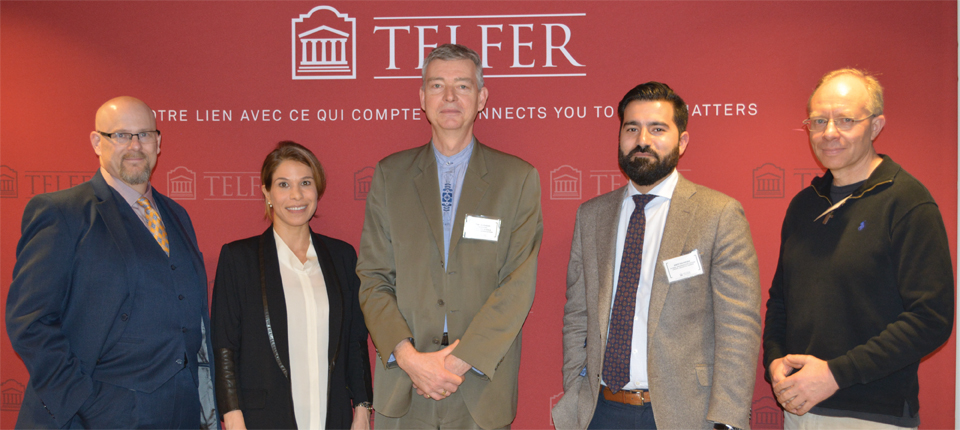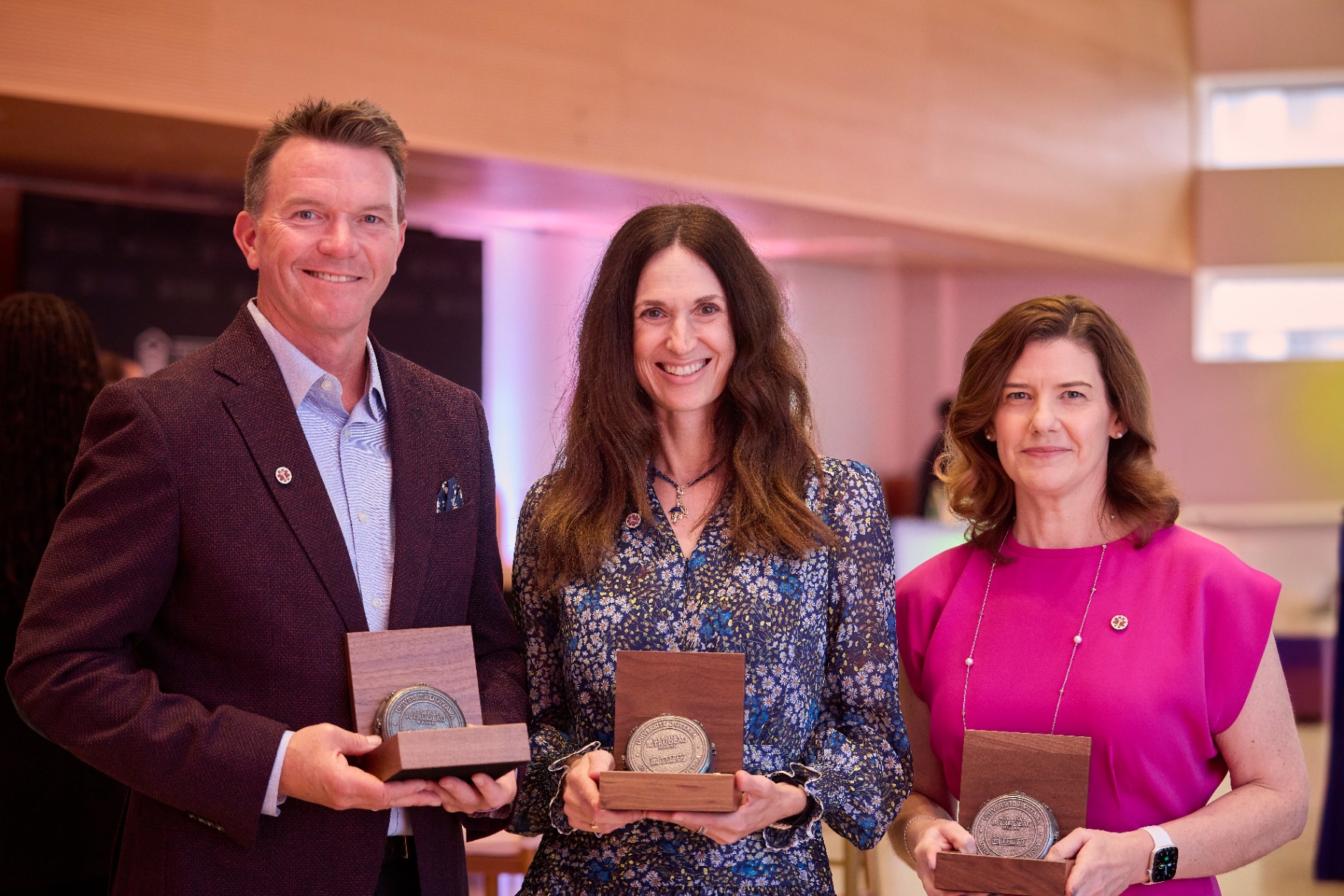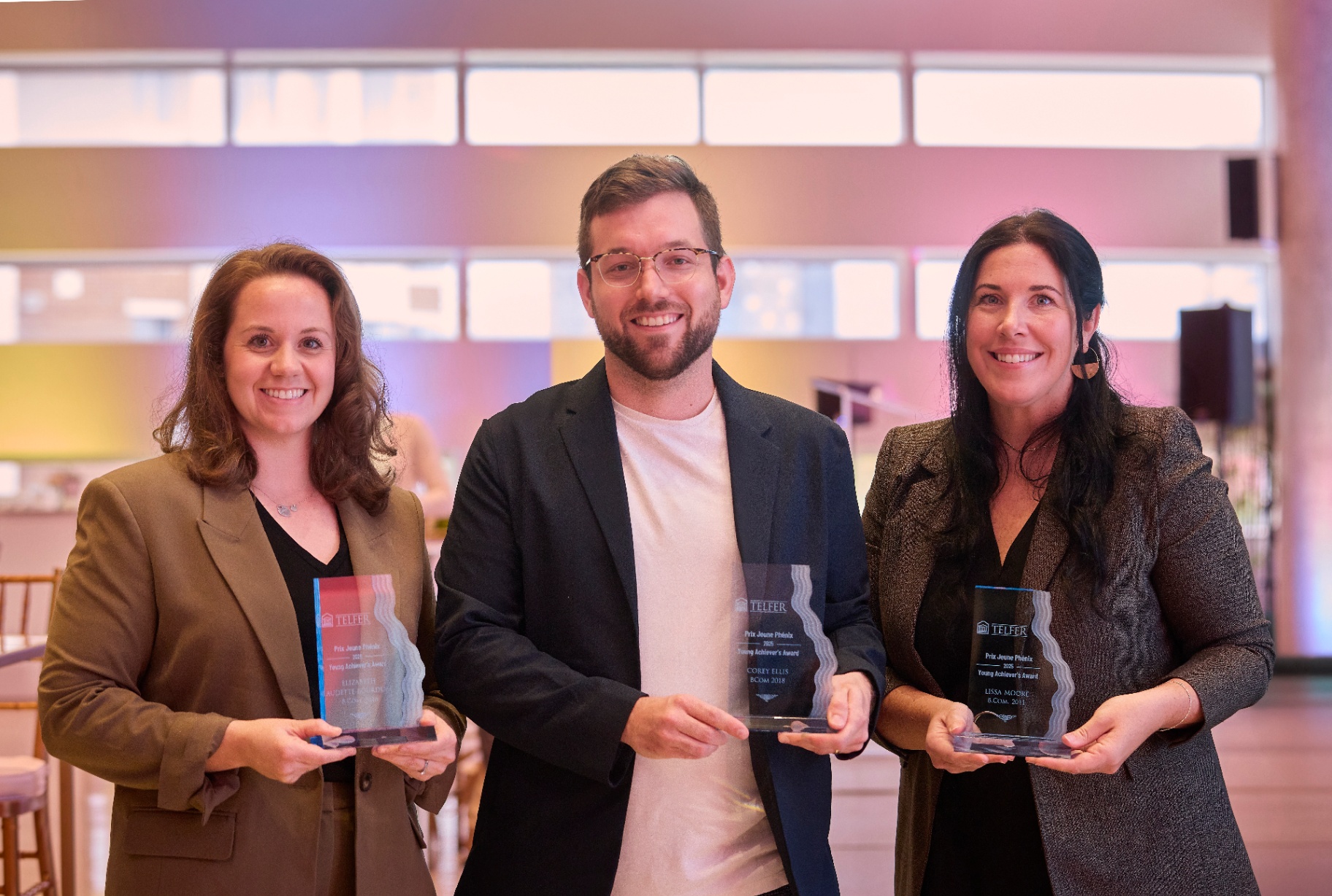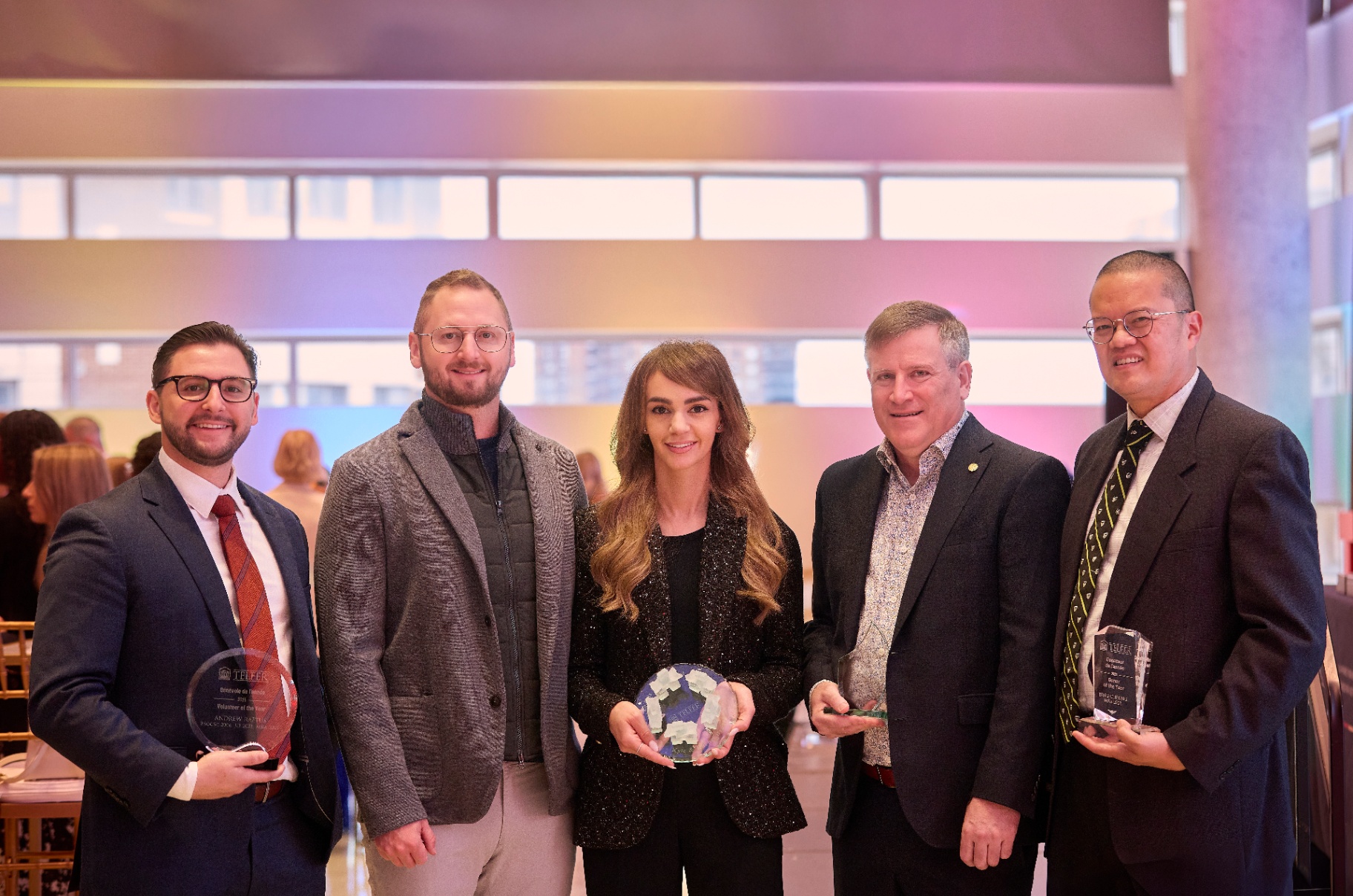On April 6th 2017, the Telfer School of Management welcomed 50 participants for an event centered on the growing impact of teamwork in a digital economy. Composed of researchers drawn to teamwork, human resources experts and software developers keen on digital evolution, the panel shared their perspectives on working in a digital environment and how it affects employees, work, and people’s lives.
Randy Giffen, Healthcare Solution Architect from IBM Canada, started the conversation by describing his professional experience in digital tools development and their impact on virtual teams. Many of his projects involved virtual and remote teams’ collaboration. With more than 20 years of experience at IBM, he has been involved in a number of software projects including the Eclipse Project, Business Project Management and Predictive Maintenance and Quality.
Amir Rahnema, Global Organization Design Leader at Deloitte, examined the importance of organizational design. He explained that the organizational model adopted by most modern organizations dates back to ancient Rome. In the era of digital revolution, organizations need to be more adaptable to technology. Virtual teams are a good starting point since they represent a key element in organizational design and help organizations to stay competitive. However, to use virtual teams to their fullest, organizational design has to factor in their unique characteristics.
François Chiocchio, Associate Professor of Organizational Behaviour and Human Resources Management, Telfer School of Management, and Montfort Research Chair in the Organization of Health Services, spoke about his experience with digital teamwork in directing research projects. Digital economy has made remote projects not only possible but easier to realize. As an example, he noted that “webcam technology has enabled me to remotely manage a research project in Africa.”
Magda Donia, Assistant Professor of Organizational Behaviour at the Telfer School of Management, conducts research on the management of virtual teams, and her work shows that “traditional teams usually outperforms virtual teams.” Virtual interactions face several challenges, the biggest being cooperation and collaboration behaviours. Although virtual interactions hold many advantages, they cannot fully substitute face-to-face meetings, where relationships benefit from non-verbal communications and more subtle forms of interactions.
It is safe to say that technology has revolutionized our way of working. In a world where technology has become part of our daily routine, human interactions are still irreplaceable. Many opportunities and challenges are on the horizon for the future of organizations.







